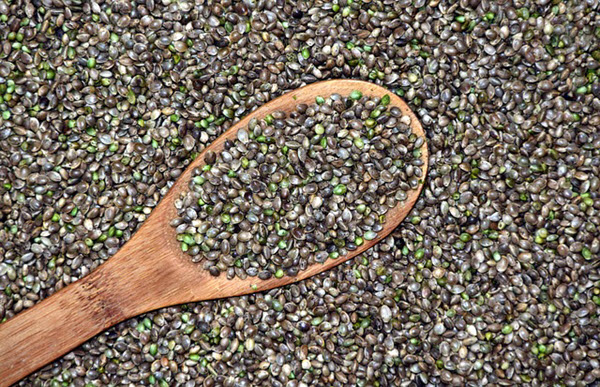In 2017, $820 million worth of legal hemp products were sold in the United States. Yes, you read that right – legal hemp.
From clothing and textiles to food and medicine, hemp has a long history of being a textile crop all over the world. However, it was only until recently that it has developed a bad reputation.
There’s confusion as to whether it is really a controlled substance according to the U.S. government, alongside its cousin marijuana.
History And Use of Hemp
In the early days of American colonization, hemp was an essential piece of the growing (no pun intended) economy. In fact, in the 17th century, Virginia passed a law requiring every farmer to grow hemp on their land. It was considered legal tender in Virginia, Pennsylvania, and Maryland.
By the 19th century, marijuana and hemp derivatives were a common ingredient in medicines. As recreation use increased, the laws started to take a very different turn. The final nail in the coffin came along in 1937. It’s when the Marijuana Tax Act banned hemp and marijuana cultivation completely. Today, it remains a controlled substance and the possession of which can carry felony charges.
For hemp and cannabis production, supplements are king. By 2021, the legal cannabis industry will be worth over $40 billion in the United States alone.
Used to treat a huge variety of conditions and symptoms, CBD – the non-psychoactive compound in cannabis – has shown surprising efficacy. It’s not the same as THC, the compound in marijuana cannabis that gets you high.
Rather, CBD offers many, but not all, of cannabis’ therapeutic effects without the high. Hemp seeds are another part of the hemp cannabis plant that offer a lot of benefits.
Hemp offers a wide variety of benefits:

- Use hemp seeds as a good source of protein and fibers, both soluble and insoluble for digestive health.
- Arginine and GLA content in hemp seeds may reduce the risk of heart disease.
- Omega-3 and Omega-6 content fatty acids help improve skin, acne, and even eczema.
- CBD supplements may treat conditions from anxiety, chronic pain to discomfort associated with cancer treatments
The Obstacles to Hemp Business
Smart business leaders in the hemp industry are pushing back against antiquated laws and unjust regulations. With the 2014 US Farm Bill, states received authorization at the Federal level to begin hemp cultivation programs on registered land and for growers.
In 2017 alone, over 1,400 licenses were issued to individuals to grow hemp. By then, there were farming locations across 19 states and covering 25,700 acres of land.
Because of the prohibition, those interested in growing hemp are having difficulty obtaining viable seeds from which to start. This isn’t the first time the United States government revisited their laws on hemp and marijuana out of economic necessity.
In the early 1940s, the Hemp for Victory program encouraged farmers to grow hemp. It was to supply rope and other necessary textiles to aid in the war effort. Today, hemp is a controlled substance which put legal growers at risk regardless of whether they think they are following the law.
Even when states grant explicit permission and permits, it is essential that growers and hemp-based business owners know their rights. Solutions like registering with the DEA and state-level defense for growers exist, but many laws need improvement on the federal level before taking effect.
- For farmers, entrepreneurs, and small business leaders, starting hemp production begins with the Agriculture Department application.
- Hemp is essential to over 25,000 products. Starting in this small and competitive market can lead to enormous profit.
- Remember that hemp is still classified as a narcotic with no accepted medicinal benefits and a high risk for abuse. Whether or not this is true, it’s still the law.
- Get to know your state laws concerning hemp when looking into obtaining a grow license; not all states are as progressive as Colorado.
Legalization of hemp and hemp products surges forward due to the demand for sustainable materials and the response from small businesses is overwhelming. Take a look at this infographic for more on the business of hemp, how small businesses are leading the fight to change laws, and promote environmental sustainability.
Source: Popularcbdbrands.com